Historians still argue over whether the regime of the GDR can be called a totalitarian one. Some say that the definition reduces the difference between the Socialist Unity Party and National Socialism —that the Nazis left millions dead while the SED left millions of Stasi files. It’s a loaded question, and one that will occur frequently to the reader of Maxim Leo’s startlingly powerful Red Love, a memoir of his childhood in the GDR. But as the political theorist Hannah Arendt observed, ‘storytelling reveals meaning without committing the error of defining it’.
In this case the story is real, and is not one but many, running back and forth over the lives of Leo’s family as they form and re-form their relationship with their country. Leo writes as the genealogist rather than the son or grandson, a position that chimes with his characteristic dispassionateness towards the politics that governed his childhood. As he states from the outset, ‘Society isn’t the main subject of my life. I am’. Yet at the same time he must acknowledge that the East can never be far away: ‘It clings to me. It’s like a big family that you can’t shake off … that’s forever calling you up’.
The real family of his book is just as complex. Born in earlier times, the Party is the main subject of their lives, and allegiances are never straightforward. Leo’s mother Anne was born in the West to a Jewish father who fled Germany to fight with the French Resistance; it is his fervent desire for an antidote to fascism that draws him to the ideals of a new, democratic state. Gerhard’s missions with the Resistance are relayed with novelistic breathlessness, a thudding contrast to the stretch of grey obedience that later awaits him in the East. One of the most moving episodes of Leo’s story comes when Gerhard is permitted by the authorities to take his grandson to the West, to visit the France he had come to love. There the teeenaged Maxim witnesses the vibrancy of this other world matched on Gerhard’s face; up until now he has only ever seen it made grey and remote by conformity, even if it is a conformity that Gerhard still defends to the hilt.
Leo’s paternal grandfather could not be more different. Werner too throws himself passionately into a cause, but this time it is the fatherland as configured through the Nazi lens. He fights in the doomed offensive on the Ardennes, and is taken as a prisoner-of-war before returning to a Germany he no longer knows. Werner adopts the new cause of the GDR as eagerly as he once displayed the Nazi flag from his balcony; the impetus is the same — a filler for an emotional and political void.
The competing allegiances of Leo’s grandparents are played out in his parents, too. Bohemian and beautiful, they try hard to keep the state outside, to have as little contact as possible with the part of the GDR that is about red flags and the compulsion to unanimity. But their relationship can’t help but be full of ideological tension. At first Anne becomes enthralled to the Party, which she feels to be ‘like a supernatural being, something terribly big and remote from normal life’. Later, when it becomes clear that her journalistic ambitions can never include free speech, she feels all the confusion of a loyal heretic. When she witnesses the fall of the Wall, holding hands with her son, she doesn’t cry. The GDR was always like a teenage infatuation: ‘the unhappy love of her youth’.
Wolf, Leo’s father and an artist, is more readily subversive, but carefully so. His rebellion is deeply felt but controlled, even while he despairs at the truths being presented to his son. In the East, the aim of education is not to inspire convictions but to plant them. Leo admits honestly that he dealt with the listlessness of school because this was the way it was; he knew nothing different and, moreover, much of life in East Germany was normal. Later, he is conscious that his resistance is weaker than that of his parents and grandparents; ironically, his faded idealism matches the diminishing power of an opposing regime which, near the end, feels to be yawning its way to extinction.
Barriers appear in the book in many forms — Gerhard tells his daughter and son-in-law ‘you will always be on the wrong side of the barricade’, without acknowledging that he himself has seen the ‘right’ side constantly shift. Later, at the age of six, Maxim is run over by a Stasi car. He spends six weeks in hospital in a room with barred windows, and his parents are allowed to visit just once a week. His father comes more often and climbs up the bars to wave to his son from the outside. ‘I can’t remember if I thought that was nice or sad. But I’ve kept that image of my father behind the barred window’. It is an obvious motif, but never a laboured one.
This simplicity and lack of self-consciousness is there throughout Leo’s memoir. His stance is cool but never cold —the subject is love in a myriad of forms — and he allows the details of his family to mould their own account of why the GDR came, and then ceased, to exist. But these details had to be shaped as well as discovered, and while the lives they document would make any account special, what makes it exceptional is their telling. Leo is a natural narrator — his prose, beautifully translated by Shaun Whiteside, is clean and fluid, and sometimes unpredictable.
In his Prologue he writes of visiting Gerhard after a stroke, and emptiness rings out from his sentences: ‘Gerhard’s face was slack and empty. We said nothing. I would have liked to have a conversation with him’. Later, when Gerhard’s life in France is retold, the writing becomes as elastic as the freedom he discovers there: ‘All of a sudden he is so human, so vulnerable and so happy’.
At the end of his trip with Gerhard, on his way back to the GDR from France, Maxim is able to stop off in West Berlin and to see the Wall for the first time from the other side. He takes the S-Bahn back and forth from West to East, just to see what it feels like. He knows that, if he wanted, he could become a refugee and seek freedom. He opts to turn back to the ‘prison of home’. Earlier we’ve learned that Wolf once had just the same choice, standing in front of the Wall in its early days when barricades were low and poorly-guarded. He too turned back, and later sees that the decision cemented the rest of his life.
Red Love is an important and compelling book for many reasons, but perhaps more than anything it reminds us of the pull of family, however flawed it might be.
Got something to add? Join the discussion and comment below.
Get 10 issues for just $10
Subscribe to The Spectator Australia today for the next 10 magazine issues, plus full online access, for just $10.
Available from the Spectator Bookshop, £14.99. Tel: 08430 600033
You might disagree with half of it, but you’ll enjoy reading all of it. Try your first month for free, then just $2 a week for the remainder of your first year.

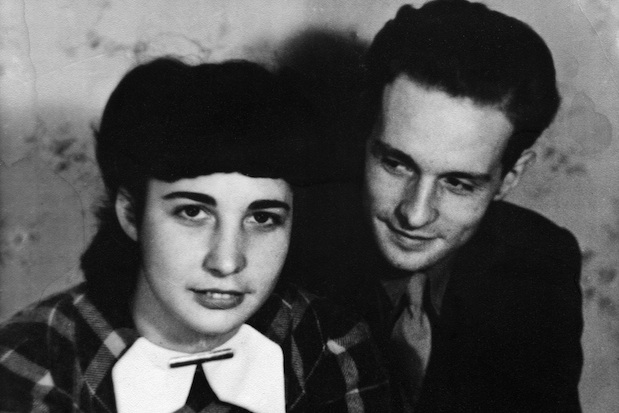
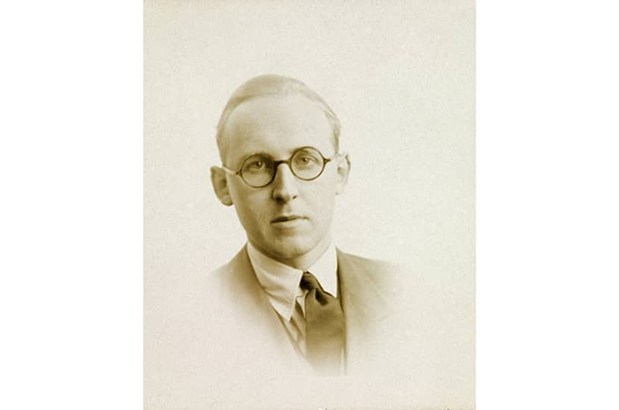
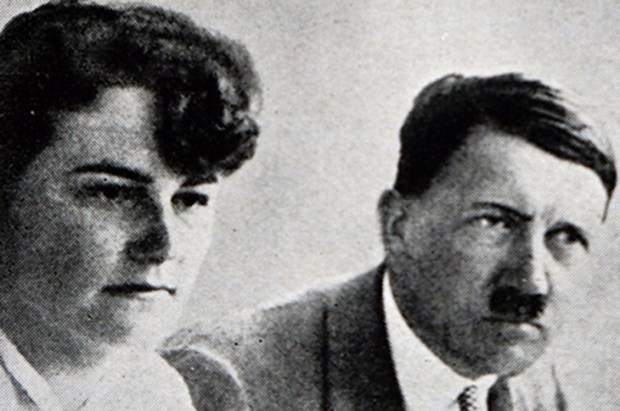
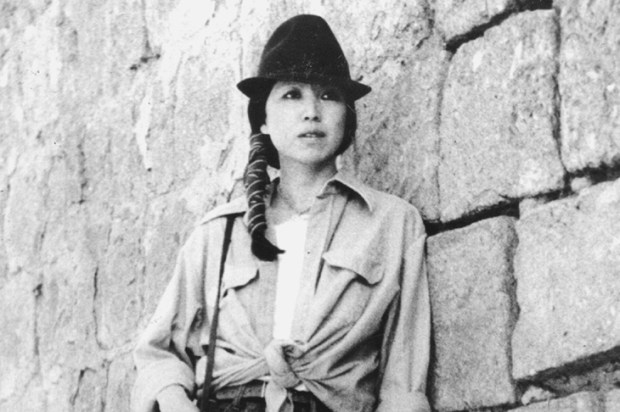
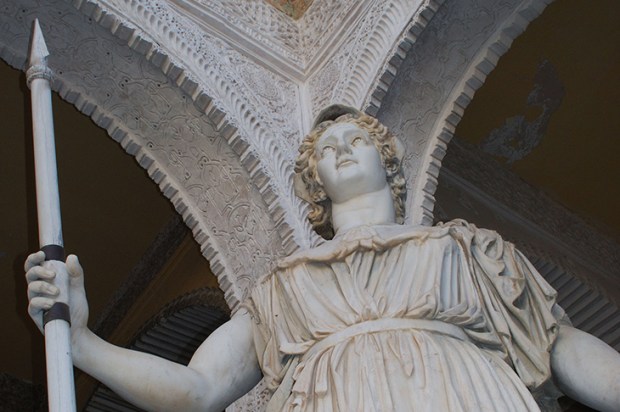

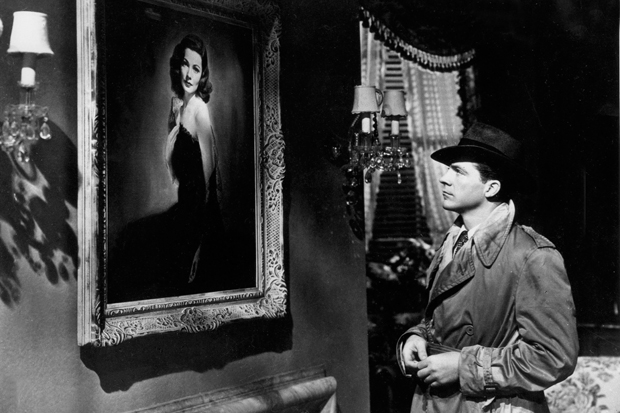






Comments
Don't miss out
Join the conversation with other Spectator Australia readers. Subscribe to leave a comment.
SUBSCRIBEAlready a subscriber? Log in